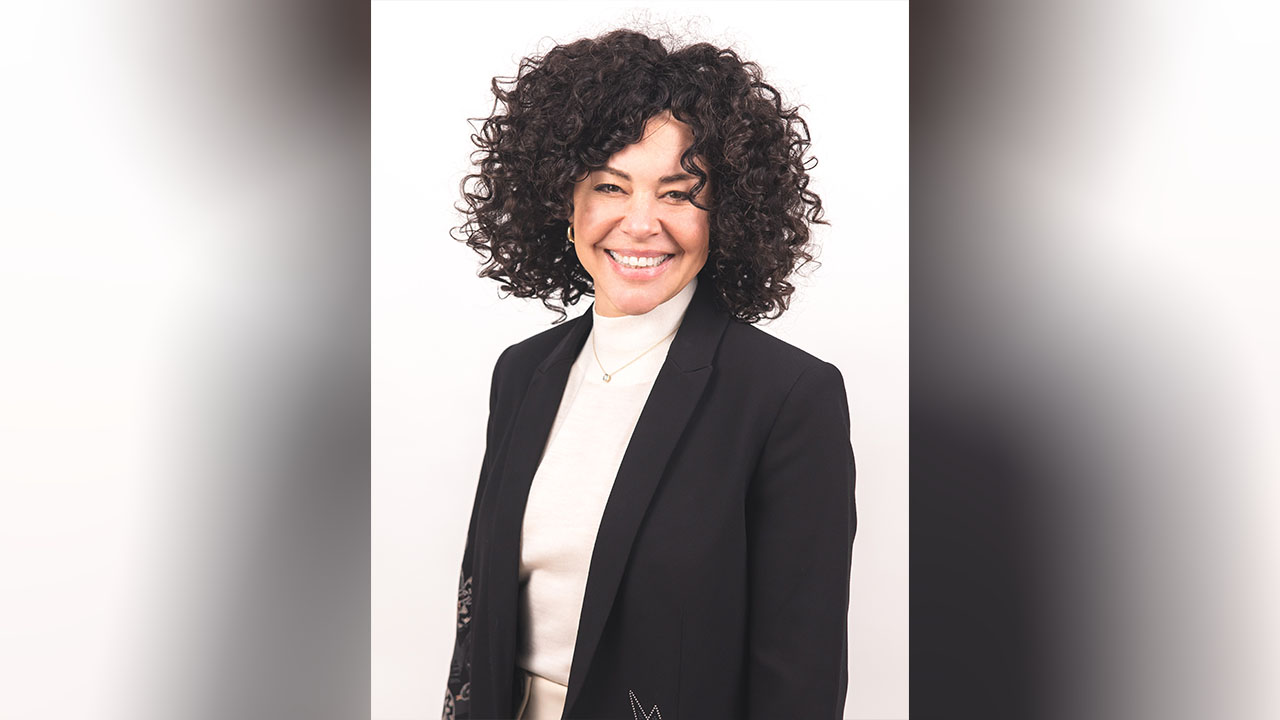What a cannabis pioneer learned while building edibles business

When Grön founder Christine Apple got into the cannabis industry, it wasn’t a calculated move.She was motivated by a desire for creative expression.
Apple, who was practicing architecture in Portland, Oregon, at the time, initially envisioned entering the industry through packaging design. ADVERTISEMENT But she quickly discovered a significant gap in the market: a lack of high-quality, shelf-stable marijuana edibles.
While some options existed, they were often perishable and relied on cannabutter.Driven by a desire to create accurately dosed, shelf-stable products, Apple drew inspiration from a personal place: making soup for her sick children.
She first focused on chocolate using Rick Simpson Oil (RSO).The early chocolate bars were not exactly a gourmet experience, but the shelf stability and fat-soluble nature of chocolate offered the promise of a consistent product.
Through working with testing labs, Apple mastered the art of consistent edibles production.When Oregon voters approved adult-use cannabis in 2014, Apple took a leap of faith, cashing in her stock options from the architecture firm she worked for to build a 2,000-square-foot commercial kitchen.
Grön has since grown into a major player in the Oregon market, expanding into gummies in 2019 and venturing into other states such as Arizona, Missouri and Nevada as well as Canada.The company has remained self-funded for the majority of its journey and took on its first tranche of capital, specifically for expansion, only in 2024.
Apple recently spoke with MJBizDaily about the state of the marijuana edibles market.Looking ahead five to 10 years, what are the most significant shifts you anticipate in the cannabis edibles market? We’re seeing consumer behavior shift right now.
We’re seeing that with the influx of all the hemp-derived THC products, which can be confusing for people who are not aware of what’s going on.Texas and Wisconsin don...


